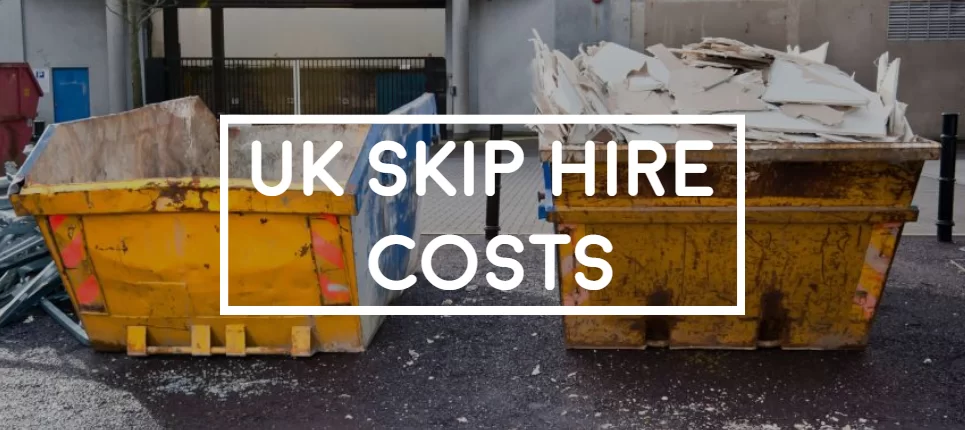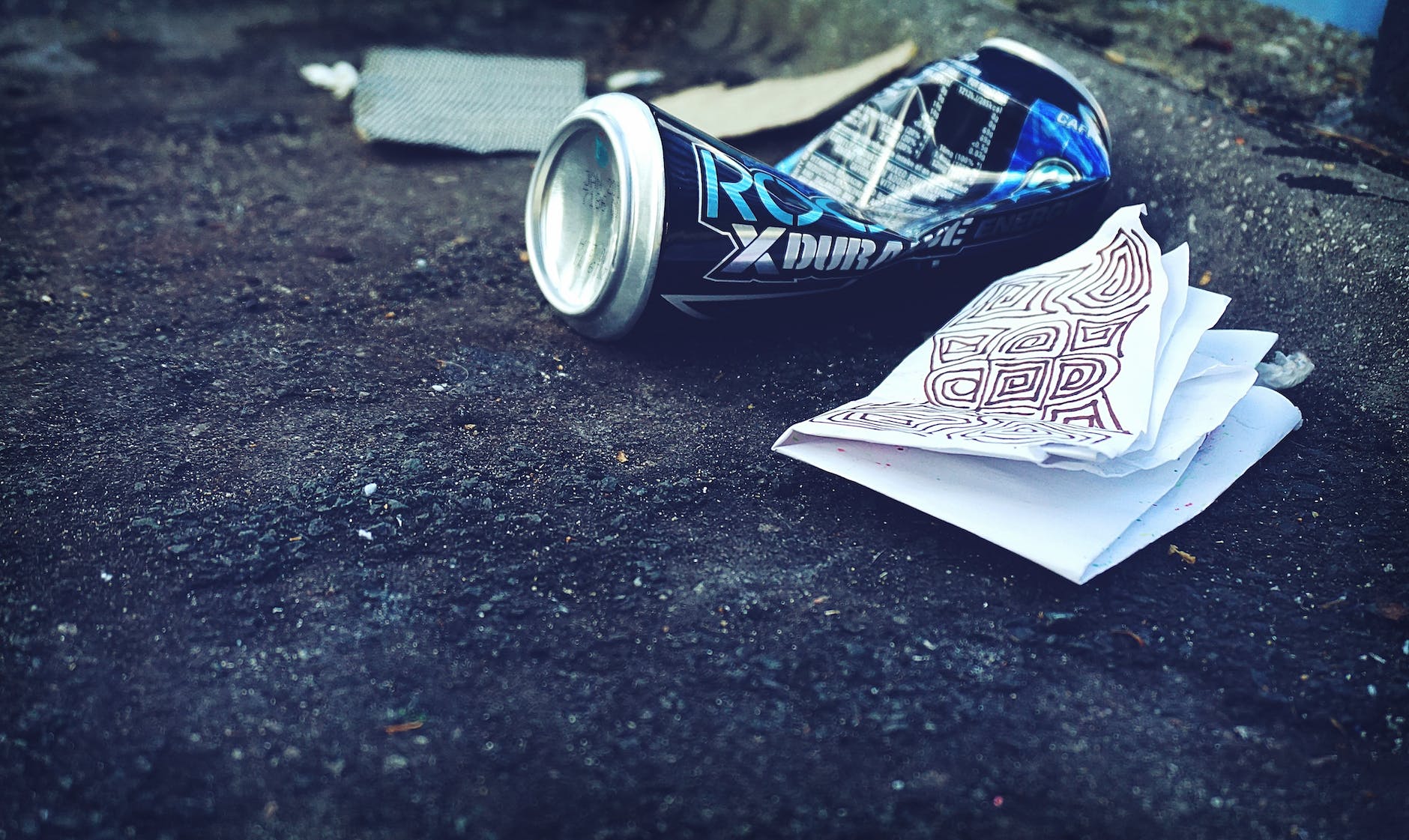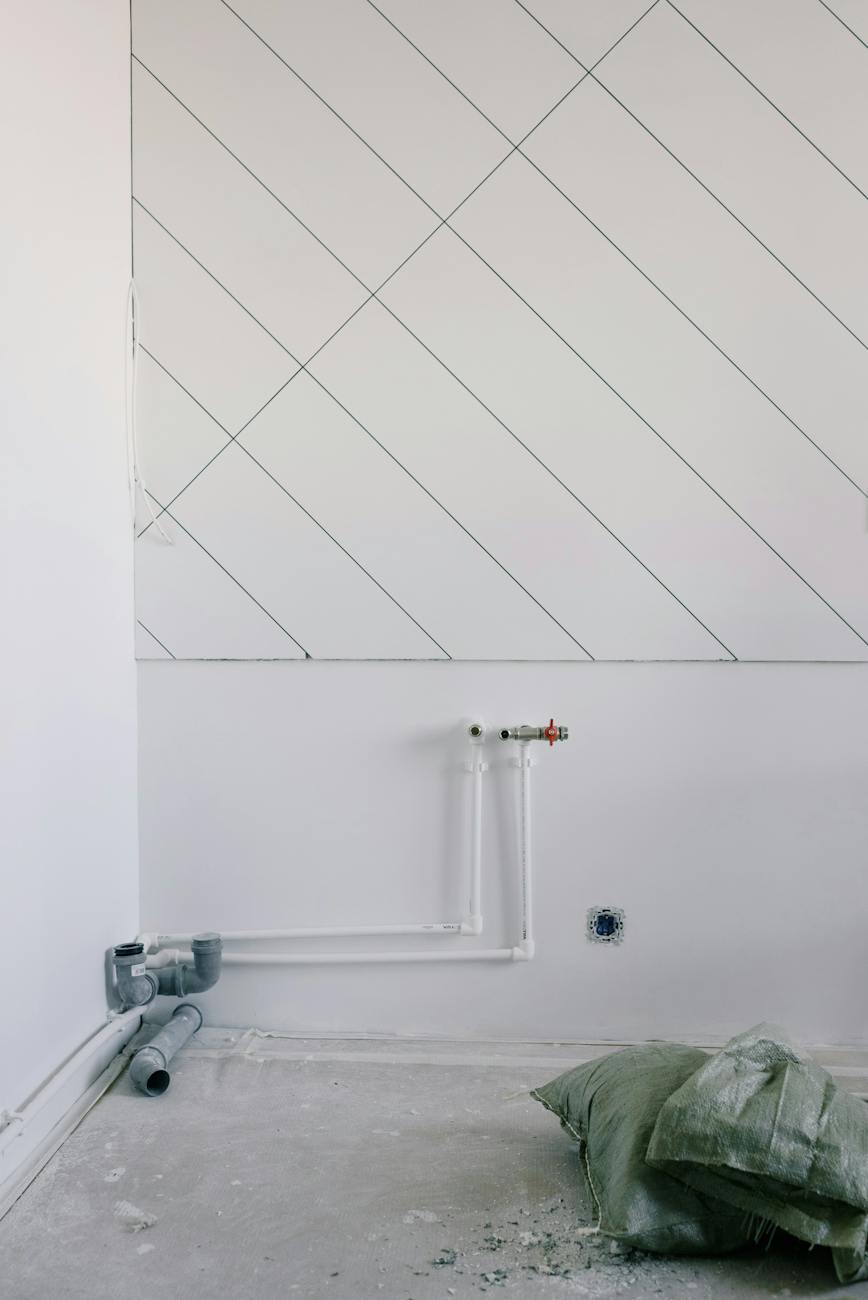Ireland Skip Hire Prices 2020 Averages (inc VAT)
| Location | 6-yard skip | 8-yard skip |
| Ireland Average | £226 | £253 |
| price includes VAT | ||
| Birmingham | £195 | £220 |
| Bournemouth | £267 | £328 |
| Brighton | £232 | £276 |
| Bristol | £240 | £273 |
| Bromley | £240 | £280 |
| Cambridge | £201 | £234 |
| Cardiff | £238 | £247 |
| Chelmsford | £219 | £249 |
| Chester | £232 | |
| Croydon | £267 | £313 |
| Doncaster | £186 | £238 |
| Edinburgh | £175 | £221 |
| Exeter | £267 | £319 |
| Glasgow | £204 | £207 |
| Gloucester | £235 | £272 |
| Hemel Hempstead | £231 | £275 |
| Ipswich | £217 | £249 |
| Iver | £249 | £294 |
| Leeds | £168 | £227 |
| Leicester | £209 | £231 |
| Liverpool | £203 | |
| Dublin | £265 | £283 |
| Luton | £268 | £288 |
| Manchester | £199 | £227 |
| Middlesbrough | £230 | £241 |
| Milton Keynes | £241 | £267 |
| Newcastle | £227 | £259 |
| Northampton | £175 | £205 |
| Norwich | £205 | £229 |
| Nottingham | £188 | £236 |
| Oxford | £250 | £295 |
| Portsmouth | £249 | £296 |
| Reading | £239 | £292 |
| Sheffield | £188 | £226 |
| Southampton | £282 | £337 |
| Swindon | £250 | £308 |
| Tunbridge Wells | £241 | £290 |
| York | £179 | £223 |
Note: prices include VAT @ 20% but exclude skip permit fee & parking suspensions if on road. Source: Skippys Updated 4 March 2020
Based on our analysis, the cheapest cities to hire a skip appear to be Leeds, Edinburgh, Northampton and York. Unsurprisingly, Dublin is at the other end of the scale and is more than 10% more expensive than the national average. The most expensive cities in the country are Bournemouth, Luton, Southampton, and Exeter (and also Croydon town, which isn’t a city, but seems to have crept in!).
Reasons for these differences in rates between regions include 1) cost of labour and rent 2) cost of disposal, including proximity to a landfill site and energy from waste site 3) strength of local economy 4) competitive landscape in that area 5) quality and cost of council bulky waste collection service 6) congestion/traffic. Considering each price factor in turn:
- Labour – the cost of labour and property is cheaper in certain parts of the Ireland than other. Running a skip hire business involves employing people to drive the lorries and to sort and process the waste that’s collected. Equally, skip companies require a depot to park their lorries, process waste and run their office. All of which feeds through to how much they need to charge customers for a skip and still make a profit.
- Disposal – when a skip company collects waste in its skips, they bring it back to their depot where they sort and segregate it. This is called their transfer station. Stuff is then passed on to be recycled, sent to waste to energy or taken to landfill. Recyclables (think things like cardboard, inert, wood, metal, some plastic) normally have some sort of value –and these values fluctuate like any other commodity market. Energy to waste plants charge you to take waste. And landfills charge the most –largely down to the landfill tax imposed oin them. But other than the headline price, the other factors are the operational and logistical costs of getting material to each of these facilities in the state that in which it will be received. For example, assume a wood recycling company will pay £20 per tonne for untreated wood, and it costs the skip operator £25 p/t tonne to deliver it from their transfer station to the recycling company and a further £10 per tonne in manpower and machinery to segregate the wood out from the mixed waste collected, then the net ‘cost’ to the skip company of sending this wood to be recycled is £15 per tonne (ie. £20 less £25 less £10). Hence, in regions that are a long way from a landfill or waste to energy plant will have to pay more in logistical cost getting it there, than regions which have one or both of those facilities in the back yard.
- Local economy – a booming local economy typically means building being built and redeveloped and homes being improved – all of which means the local skip businesses are busy, which in turn normally falls through to higher skip prices. A micro-example of how high local demand can drive prices up is when flooding occurs. When whole areas are badly hit by flooding, sadly it’s not unusual to see the local skip companies hike their prices up
- Competition – generally speaking the more competition there is in a region, the more competitive /lower the prices. Skip hire is historically a very fragmented industry and barriers to entry aren’t super high – other than the investment in the equipment and trucks. All of which would suggest it should be relatively competitive. And for most parts of the Ireland, this is the case. However, there are certain areas where there has been quite a bit of consolidation – in other words, companies being bought by others – and this has created a few very large regional operators who, because of their size and local influence, have been able to control prices more than normal, with the result that the rates in those areas are notably a bit higher than more competitive regions
- Council bulky waste service – a minor factor, but still a factor is the cost and quality of each region’s bulky waste collection service provided to householders by the council. In areas with particularly good and cheap service, demand for skips from householders will be slightly lower, so this tends to put a little bit of pressure on the skip operators to keep their prices as keen as possible.
- Traffic – similar to the first contributing factor, traffic affects the skip company’s cost of operation. Put simply, if the skip lorry driver has to spend more time on average in the vehicle for each skip delivered (because of traffic being high, or the area being very rural and drive times long but without traffic!), then that increases the direct cost of the skip.







